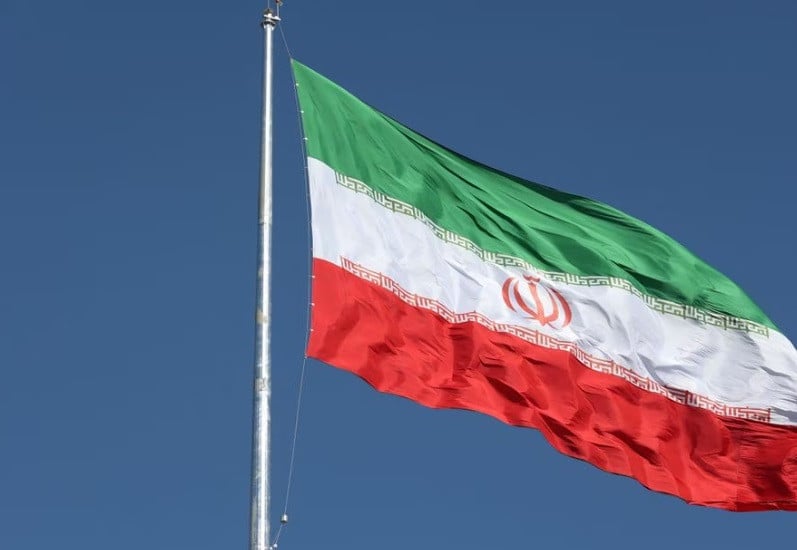In a diplomatic setback, Iran has rebuffed Pakistan’s force majeure notice, halting progress on the high-stakes Iran-Pakistan (IP) gas pipeline project. Pakistan’s notice conveyed its inability to advance the project while US sanctions against Iran persisted. This project, dormant for nearly a decade, has faced hindrances despite Pakistan’s pressing energy shortages. State Minister for Petroleum, Musadik Malik, affirmed the issuance of the force majeure notice a decade ago, revealing Iran’s refusal to accept it. Despite the extension granted by Tehran, tensions continue as Pakistan seeks waivers from international sanctions through diplomatic means.
Iran’s Rejection and Ongoing Stalemate
Iran’s refusal to acknowledge Pakistan’s force majeure notice has plunged the Iran-Pakistan gas pipeline project into a state of uncertainty. The notice, issued due to US sanctions, conveyed Pakistan’s hesitation to proceed unless granted a sanction waiver. While Iran has extended project obligations until March 2024, Pakistan contends that the refusal stems from Iran’s denial of the force majeure notice issued years prior.
Pakistan’s Diplomatic Efforts and Waiver Pursuit
State Minister Musadik Malik confirmed Pakistan’s proactive engagement with international forums to secure sanctions waivers for energy imports from Iran. The minister emphasized diplomatic channels between Pakistan and US authorities, seeking exemptions for the gas project. Despite efforts to alleviate sanctions-related obstacles, the project remains suspended until US sanctions are lifted. Malik also clarified the absence of a penalty clause in the Gas Sales and Purchase Agreement (GSPA), dispelling claims of a monetary penalty to Iran.
Project’s Prolonged Stagnation and Geo-strategic Concerns
Originally intended for completion in 2014, the Iran-Pakistan gas pipeline project has faced prolonged inaction due to international sanctions and geopolitical considerations. Iran successfully completed its part of the 1,150km pipeline years ago, while Pakistan has yet to initiate construction on its side. Pakistan’s hesitation has been driven by concerns over international sanctions and strategic complexities, delaying the project’s realization despite its potential to alleviate the country’s energy crisis.
Transitioning smoothly, the State Minister reiterated Pakistan’s commitment to finding a constructive solution with all stakeholders, underlining the importance of navigating the complex web of international sanctions. Earlier this month, Iran’s Foreign Minister, Hossein Amirabdollahian, highlighted the significance of expeditiously concluding the IP project during his visit to Islamabad. The meeting between Amirabdollahian and Pakistani counterpart Bilawal Bhutto Zardari underscored Iran’s readiness to finalize the project, aligning with the mutual interests of both nations.
In the face of this protracted impasse, the completion of the Iran-Pakistan gas pipeline project remains an elusive goal. Despite the tenacity demonstrated by both sides, the project’s future hinges on the resolution of intricate geopolitical dynamics and the potential easing of international sanctions. As Pakistan strives to secure exemptions, Iran’s steadfastness presents a formidable hurdle, leaving the fate of this multibillion-dollar venture hanging in the balance.















